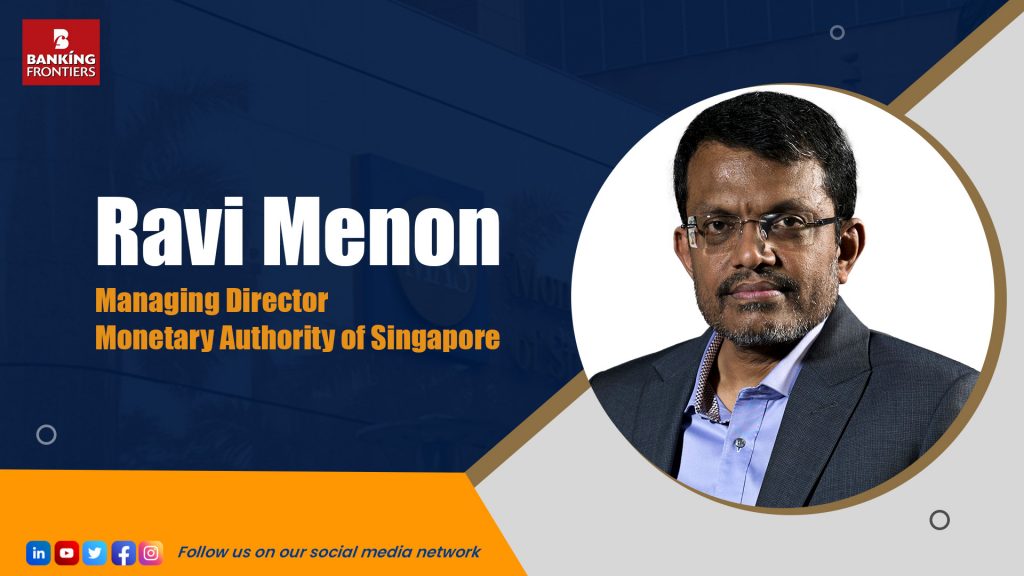
“Instant remittance, atomic settlement, programmable money, tokenised assets and trusted sustainability data are the five key outcomes we want to achieve through our collaborative FinTech projects,” said Ravi Menon, Managing Director, Monetary Authority of Singapore, at the Singapore FinTech Festival 2022 on Thursday.
He likened the project outcomes to the five fundamental elements that function as cosmic agents of change according to Chinese philosophy — water (instant remittance), metal (atomic settlement), fire (programmable money), wood (tokenised assets) and earth (trusted sustainability data).
“The advent of real-time payment systems over the last few years has made domestic payment flows seamless in many countries. Today, with PayNow, we can make 24/7 real-time transfers using just mobile numbers or unique entity numbers,” Menon said.
“But the world has not solved the cross-border payment problem, yet. For most people, it remains slow, costly, opaque, and inefficient, relying on an archaic network of correspondent banks. We want cross-border payments to flow seamlessly like water. One way to do this is to build linkages across countries’ real-time payment systems, just as canals allow boats to pass from one body of water to another,” he added.
Singapore has been working to connect its PayNow with the faster payment systems of other countries. PayNow was connected to Thailand’s PromptPay last year, the first such linkage in the world. “We are now finalising our linkages with India’s Unified Payments Interface and Malaysia’s DuitNow. But such bilateral linkages take much time and resources to implement. Each new linkage requires a refresh in technical alignment between the two payment systems. It also entails accommodating domestic policies, such as on data privacy and security, sanctions screening and capital controls,” the MAS Chief pointed out.
Furthermore, the number of required links grows exponentially as the number of countries participating in the payments network increases. It would require some 190 links for 20 countries to be inter-linked on a bilateral basis. MAS has been working with the Bank for International Settlements Innovation Hub on Project Nexus – a multilateral solution to link countries’ real-time payment systems. With this solution, each country would only need to link its real-time payment system once to a Nexus gateway, which in turn provides direct connectivity to all the other countries already within the network, Menon said.







